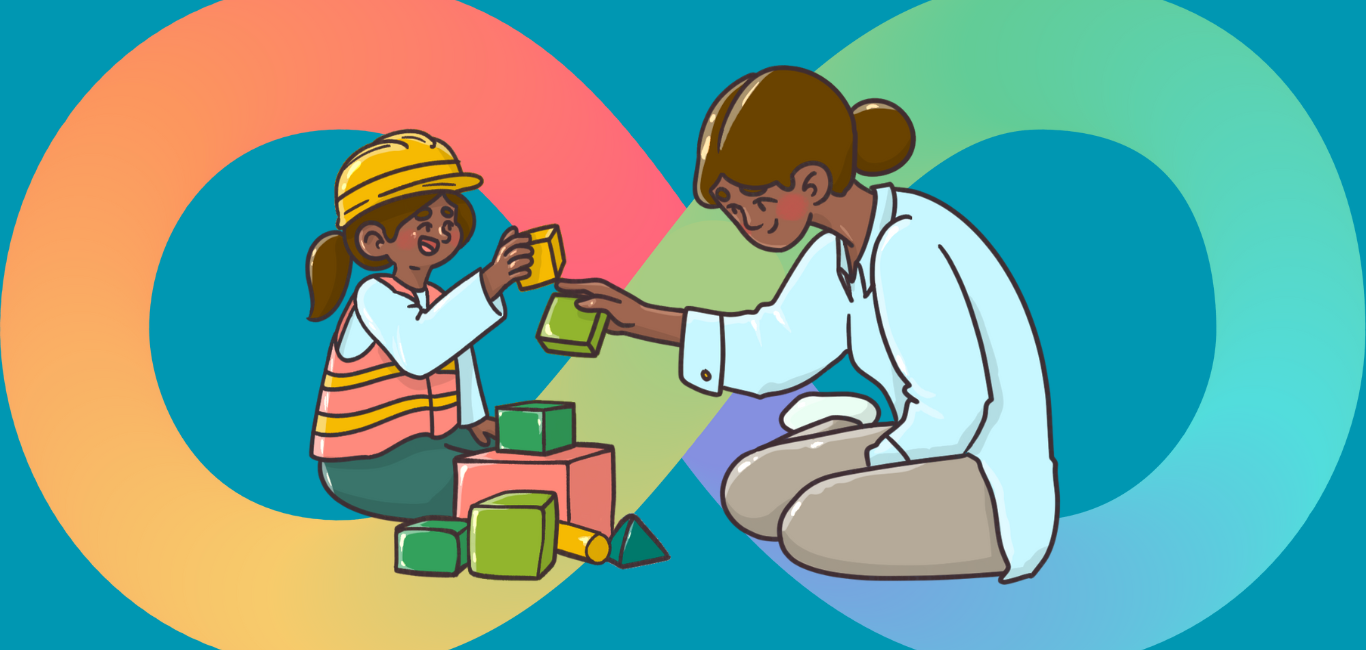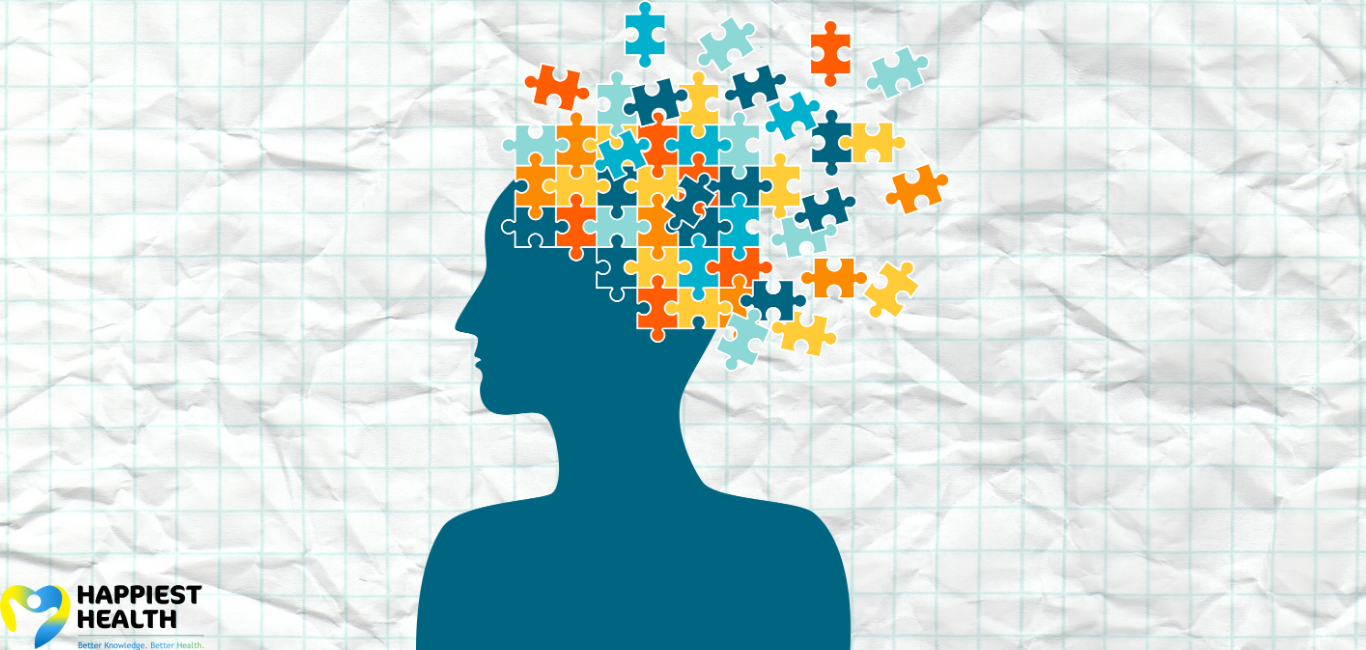
Just as a single beam of light splits into a spectrum of hues, the world of autism extends far beyond a single shade, each unique symptom unveiling its countless dimensions.
As this spectrum widens, there appears to be a significant surge in autism cases. According to the Centers for Disease Control and Prevention, diagnosis of autism spectrum disorder (ASD) in children has gone up from 1 in 150 in 2000 to 1 in 36, causing concern over a possible ‘epidemic.’
The debate
Why this sudden rise in autism cases? Experts differ in their opinions. Some attribute it to changes in diagnostic criteria and greater awareness, while others believe that environmental factors such as pollution, toxins, genetic factors, and shifts in lifestyle may be contributing to this trend.
“There is a debate as to whether autism is rising because of more awareness and the use of sensitive tools to diagnose or if there is an actual rise in the cases of autism,” says Dr Gowri Chinthalapalli, child development physician, Aster CMI Hospital, Bengaluru.
Inclusive diagnosis
Earlier, autism was termed infantile autism, considering autism was diagnosed before 30 months of age, based on an infant’s language development challenges and lack of response to others.
Finding that the condition exists on a spectrum of symptoms and behaviours was a significant clue in the autism puzzle, leading to the term ‘autism spectrum disorders’. Currently, diagnostic criteria include milder forms of the condition, which could be a possible cause for the apparent rise in cases.
Dr Shilpa Hegde, neurodevelopmental and behavioural paediatrician, and founder of Kalarava Centre for Child Development, Mangaluru, says that previously only children displaying severe symptoms—such as language deficiency, social isolation, and repetitive behaviours—were diagnosed with autism. At present, even children who have fine language skills but struggle with socialising or making friends are included in the diagnosis.
Earlier, autism was diagnosed based on the Diagnostic and Statistical Manual of Mental Disorders (DSM-IV) criteria, while currently, it is diagnosed using DSM-V, says Dr Hegde. This updated version provides a clearer criterion and outlines the specific characteristics that a child with autism may exhibit. “Due to more sophisticated screening tools, early diagnosis is possible increasing the chances of a greater number of young children identified with autism,” she says.
Gaining awareness
Studies have found that certain societal factors may be contributing to increased diagnosis of autism over the years. “There is an increase in awareness, because of which even the diagnosis is getting much better,” says Dr Hegde, adding that parents and healthcare professionals understand the condition better, especially during pregnancy.
The American Academy of Pediatrics recommends screening for ASD at 18 and 24 months allowing for early detection and effective interventions.
Environmental roles
Complications like stress, metabolic discrepancies, maternal obesity and exposure to chemicals or pollutants during pregnancy could cause autism development, says Dr Hegde. However, the connection between these factors and autism remains uncertain, she emphasises. “Everything is still in a grey area whether it is the treatment or even the cause.”
The gene factor
Current studies are investigating genetic and environmental factors, notes Dr Chinthalapalli. While there is no conclusive evidence, these factors may affect the epigenetics (regulation of switching on and off genes), contributing to the rise of autism cases. Evidence suggests that environmental factors contribute to about 20 per cent of autism development, while genetics contributes to 80 per cent.
Having one child with autism increases the risk of having another with the same condition. Moreover, it is also possible for adults closely related to the child to display similar traits or symptoms, explains Dr Chinthalapalli.
“Genetic conditions like fragile X syndrome, tuberous sclerosis or Rett syndrome increase the possibility of developing autism,” she says. However, more research is required to confirm this, she adds.
Read more: Study debunks long-held beliefs about spectrum disorders
Piecing the puzzle together
Studies suggest that the increase in autism cases is proof of improved public awareness and healthcare surrounding it.
Today, children receive timely support and intervention, thanks to early diagnosis. Dr Chinthalapalli notes that there is substantial research underway in autism, spanning diverse areas such as the gut-brain axis, dietary interventions, EEG analysis, genetic therapy, and more. However, extensive research is required to further explore these avenues and gain deeper insights into the complex nature of autism, she says.
Read more – Revitalising gut microbiome with Ayurveda can aid autism care

















